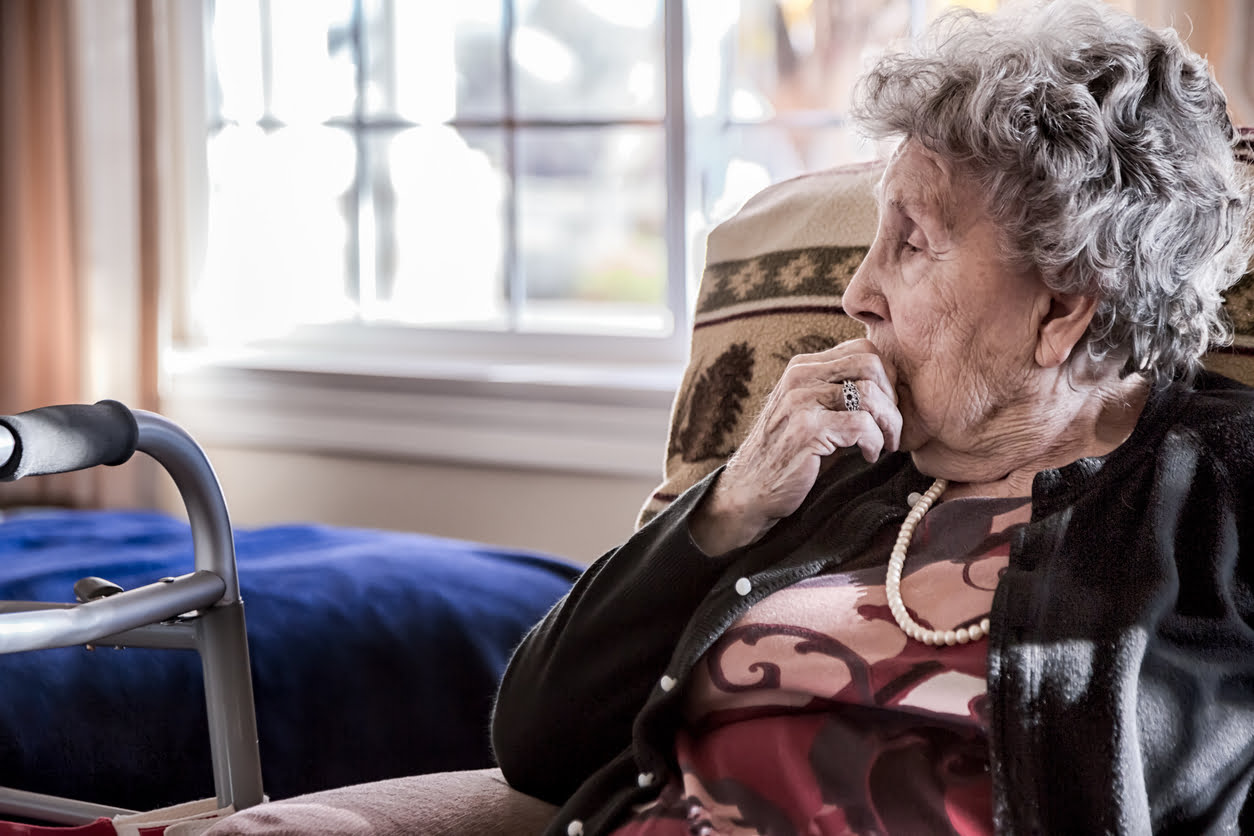The major goal of palliative care nursing is to reinforce the quality of life for people with severe sicknesses and their households by providing compassionate and comprehensive care that addresses bodily, emotional, social, and religious wants. Palliative care nursing focuses on bettering comfort, assuaging suffering, and supporting patients throughout their healthcare journey, particularly when healing treatments could not be effective. Here are the key objectives of palliative care nursing:
Pain and Symptom Management: Palliative care nurses aim to relieve and handle ache and other distressing signs effectively. They work to optimize the affected person's comfort and minimize the influence of signs on their high quality of life.
Holistic Care: Palliative care nursing takes a holistic approach, considering the physical, emotional, social, and spiritual features of a patient's well-being. Nurses tackle the entire person, not simply their medical condition.
Open and Compassionate Communication: Nurses facilitate open and trustworthy communication between sufferers, households, and the healthcare group. They encourage patients to precise their wishes, fears, and concerns and make positive that these are revered and addressed.
Patient-Centered Care: Palliative care nurses prioritize the patient's targets and preferences. They work collaboratively with patients to develop individualized care plans that align with the affected person's values and decisions.
Emotional and Psychological Support: Nurses present emotional support to sufferers and their households, helping them cope with the emotional challenges of significant sickness, end-of-life care, and grief. They offer lively listening and counseling when wanted.
Family Education: Nurses educate family members in regards to the affected person's condition, prognosis, and the caregiving position. They assist families understand the objectives of care and tips on how to provide bodily and emotional help.
Advance Care Planning: Nurses assist sufferers in making advance care plans, including advance directives (e.g., living wills, sturdy energy of attorney for healthcare decisions) to make sure that the patient's needs for future medical care are documented and revered.

Spiritual and Existential Support: Palliative care nurses tackle patients' spiritual and existential concerns, connecting them with chaplains or religious counselors when acceptable. They respect and support patients' spiritual or non secular beliefs and practices.
Dignified End-of-Life Care: When patients are nearing the end of life, nurses present care that emphasizes comfort, dignity, and emotional assist. They ensure that sufferers are surrounded by family members and that their preferences for end-of-life care are honored.
Coordination of Care: Palliative care nurses coordinate care among varied healthcare suppliers and providers to ensure that all features of the patient's care plan are built-in and constant.
https://visitmaplewood.com and Inclusive Care: Palliative care nursing is inclusive and culturally sensitive, respecting patients' various backgrounds, beliefs, and values. It goals to provide care that is respectful and appropriate for each particular person.
Grief and Bereavement Support: Nurses provide bereavement assist to households and loved ones after the affected person's passing, serving to them navigate the grieving process and access appropriate assets.
In summary, the overarching aim of palliative care nursing is to enhance the general well-being and quality of life for people with critical illnesses by offering comprehensive, patient-centered care that addresses their physical, emotional, social, and non secular needs. This sort of nursing care goals to honor patients' preferences, values, and dignity all through their healthcare journey..
